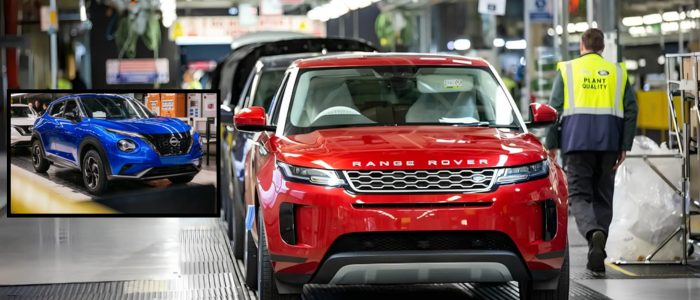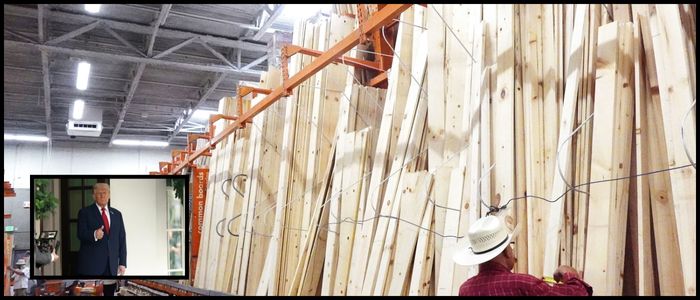The fall, the SMMT said, is due to temporary stalling but could be reversed by US, EU fan deals and India.
Output Crippled by Export Tariffs and Easter Timing
Output in April was 25% below output in March, when businesses raced to ship products to the US in advance of President Trump's steel, aluminium and car tariffs of 25%. A US court has blocked some of the tariffs, but those on cars are still in place.
Jaguar Land Rover (JLR) also said the new tariffs had left it "facing a very challenging industry" and added to its costs, having to pay a 27.5% duty on cars exported to the US as well as when it imports vehicles. A new UK-US trade agreement signed in May would slash car tariffs to 10% on the first 100,000 cars but has not been formally entered into force to the irritation of North American carmakers.
The SMMT added that the Easter holiday in April also helped to depress output, with fewer working days.
While the home market is steady, fear is growing in the long view.
It said the 10.1% decline was driven by a drop in production for export markets, with UK production for the domestic market falling less sharply, by 3.3%. Autotrader CEO Nathan Coe says that the automobile market in local areas is known to be robust, with uplifts in both new and used vehicle sales.
But while there is local resilience, larger structural issues are at play. The UK has faced plant closures from Honda and Ford, while Stellantis said that it may freeze production because of confusion about EV policy.
In April, the government said it would water down sales targets for EVs and cut back on fines for failing to meet emissions standards – a decision interpreted by some in the industry as compounding a confusing picture about planning for the future.
"Other countries are experiencing falls in car production but there are stronger global headwinds against the UK," said Professor Peter Wells from Cardiff University, who added: "the UK has a stronger exposure to external/ global challenges, not least weaker barriers to trade from low wage economies like China and policy uncertainty".
"What you always want is stability and clarity, in any industry, I'd say, including electrification or tariffs," Prof Wells said. "At the moment, the U.K. isn't offering that."












